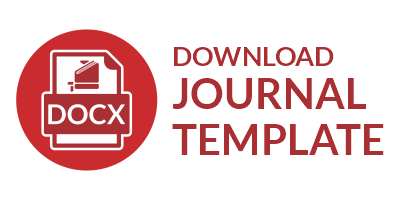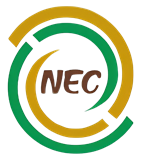Leveling Up Writing Skills: The Effects of Duolingo on The Eleventh Grade Students
DOI:
https://doi.org/10.64008/bqmcyq11Keywords:
duolingo, writing, gamification, e-learning, student performanceAbstract
The purpose of this study is to evaluate the impact of the Duolingo application on the writing skills of eleventh-grade students at SMA Negeri 7 Tanjung Pinang and to gather feedback on the use of the application. English writing skills are essential, and the use of appropriate media can aid in teaching. Duolingo is a game-based platform that helps students improve their writing abilities. This quantitative study involved a sample of 50 students of eleventh-grade selected through purposive sampling. This research was carried out at SMAN Negeri 7 Tanjung Pinang, Jl. Kampung Sungai Carang, Km.13, Tanjung Pinang, Riau Province. it was held in July 2024. Data was collected through tests and questionnaires, and IBM SPSS Version 21 was used for statistical analysis. The results of the normality test showed a Sig. value of 0.073 for the experimental class, 0.470 for the control class, and 0.246 for the pre-test and post-test, respectively. The results of the homogeneity test showed a Sig. value of 0.777. As indicated by the 2-tailed significance level of 0.000, the use of Duolingo had a positive and significant impact on students' writing abilities. After confirming the validity of the questionnaire, each of the ten items had a calculated r-value greater than the table r-value of 0.396. The reliability test yielded a Cronbach's alpha value of 0.855, indicating a high degree of consistency. The questionnaire results showed strong support from students for Duolingo; the majority of respondents strongly agreed with the given statements, indicating that using Duolingo helped improve their writing skills. It concludes that the use of Duolingo application significantly enhances students' English writing skills, as evidenced by statistical analysis revealing a strong positive effect.
References
Ambarwati, L., Nabatajoe, R., Barli, R. K., & Hutagalung, R. T. (2022). The effectiveness of duolingo in learning english. In Seminar Nasional Ilmu Pendidikan dan Multi Disiplin (Vol. 5, No. 01).
Badayos, P. B. (2008). Metodolohiya sa pagtuturo at pagkatuto ng/sa Filipino: Mga teorya, simulain, at istratehiya. Valenzuela City: Mutya Publishing House.
Kothari, C. R. (2004). Research methodology: Methods and techniques. New Age International.
Cornbleet, S., & Carter, R. (2001). The language of speech and writing (pp. x+-129). London: Routledge.
David R. Bogdan. (2020). Duolingo as an "Aid" to second-language learning an individual case research.
Dirgeyasa, I. W. (2016). Genre-based approach: What and how to teach and to learn writing. English Language Teaching, 9(9), 45-51.
Noprianto, E. (2017). Student’s descriptive text writing in SFL perspectives. IJELTAL (Indonesian Journal of English Language Teaching and Applied Linguistics), 2(1), 65-81. http://dx.doi.org/10.21093/ijeltal.v2i1.53.
Elaine Rich. (2009). Artificial intelligence, third edition (New Delhi: Tata McGraw-Hill Publishing Company Limited).
Geoffrey Marczyk. (2005). Essentials of research design and methodology. (New Jersey: John Wiley & Sons, Inc).
Griska Aulia Dwi Reza. (2022). Improving students’ english writing skills through “Duolingo” PLATFORM MEDIA. Under Graduates thesis, Unnes.
Guaquet, Cesar & Castro, Angela Yicely. (2020). The use of learning apps as a didactic tool for EFL vocabulary building. ERIC Journal. Vol. 11, No. 2.
Hadijah, S., Marhamah, M., & Shalawati, S. (2020). Interactive and educative learning media in english language teaching at senior high schools. Al-Ishlah: Jurnal Pendidikan, 12(2), 304-315.
Heaton, J. B. (1998). Writing english language test. London and New York: Longman Group UK Limited.
Mayasari, E. (2018). The contribution of clustering technique in developing ideas on a short paragraph for the first year english education students of STAI Miftahul Ulum Tanjungpinang. Exposure: Jurnal Pendidikan Bahasa Inggris, 7(2), 117-126.
Downloads
Published
Issue
Section
License
Copyright (c) 2025 Eka Mayasari, Leni Apriyani (Author)

This work is licensed under a Creative Commons Attribution 4.0 International License.






